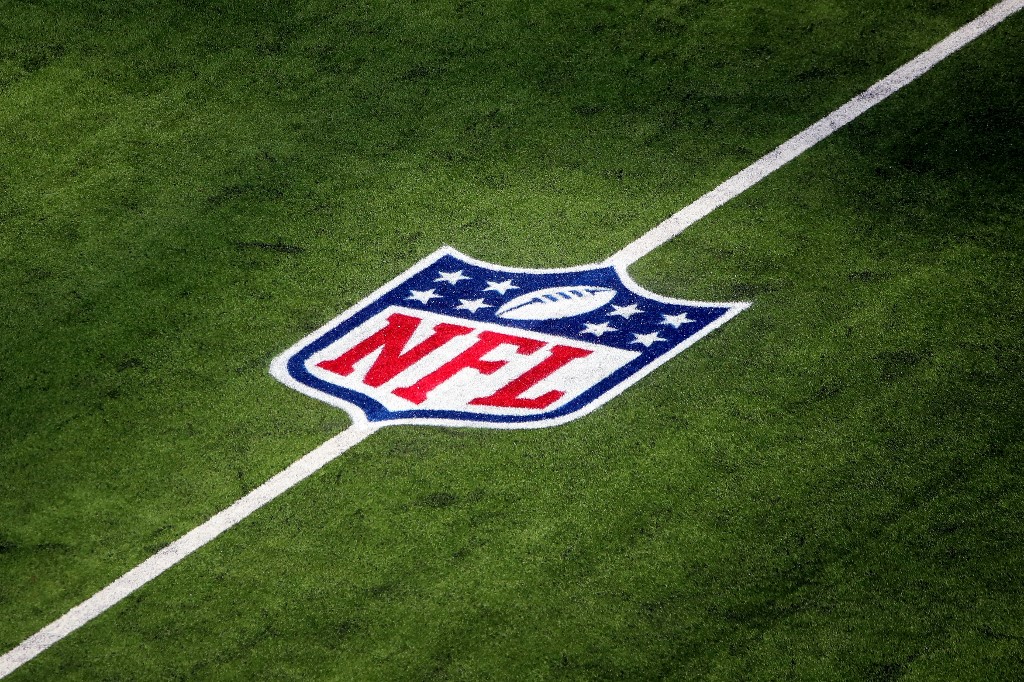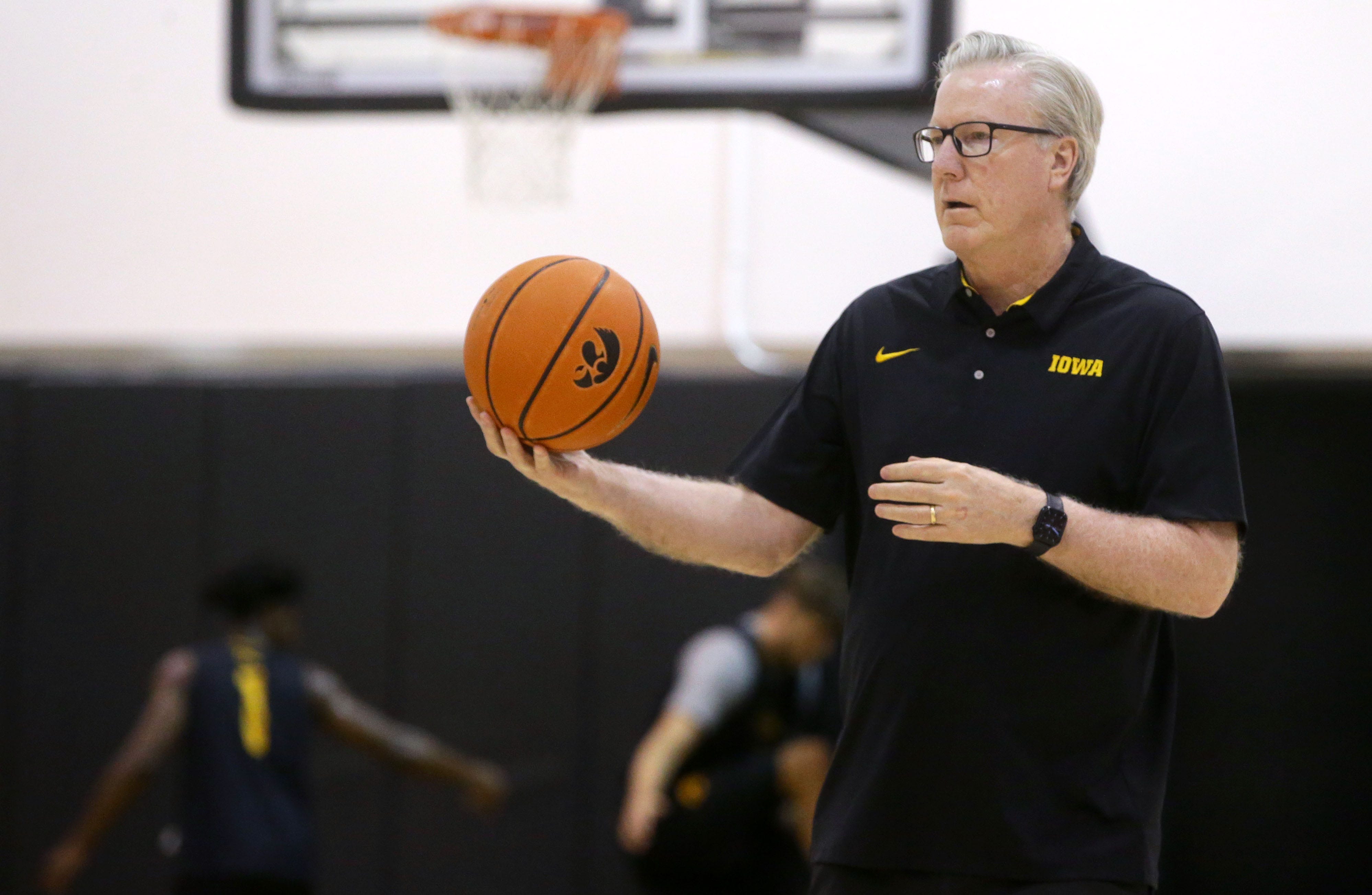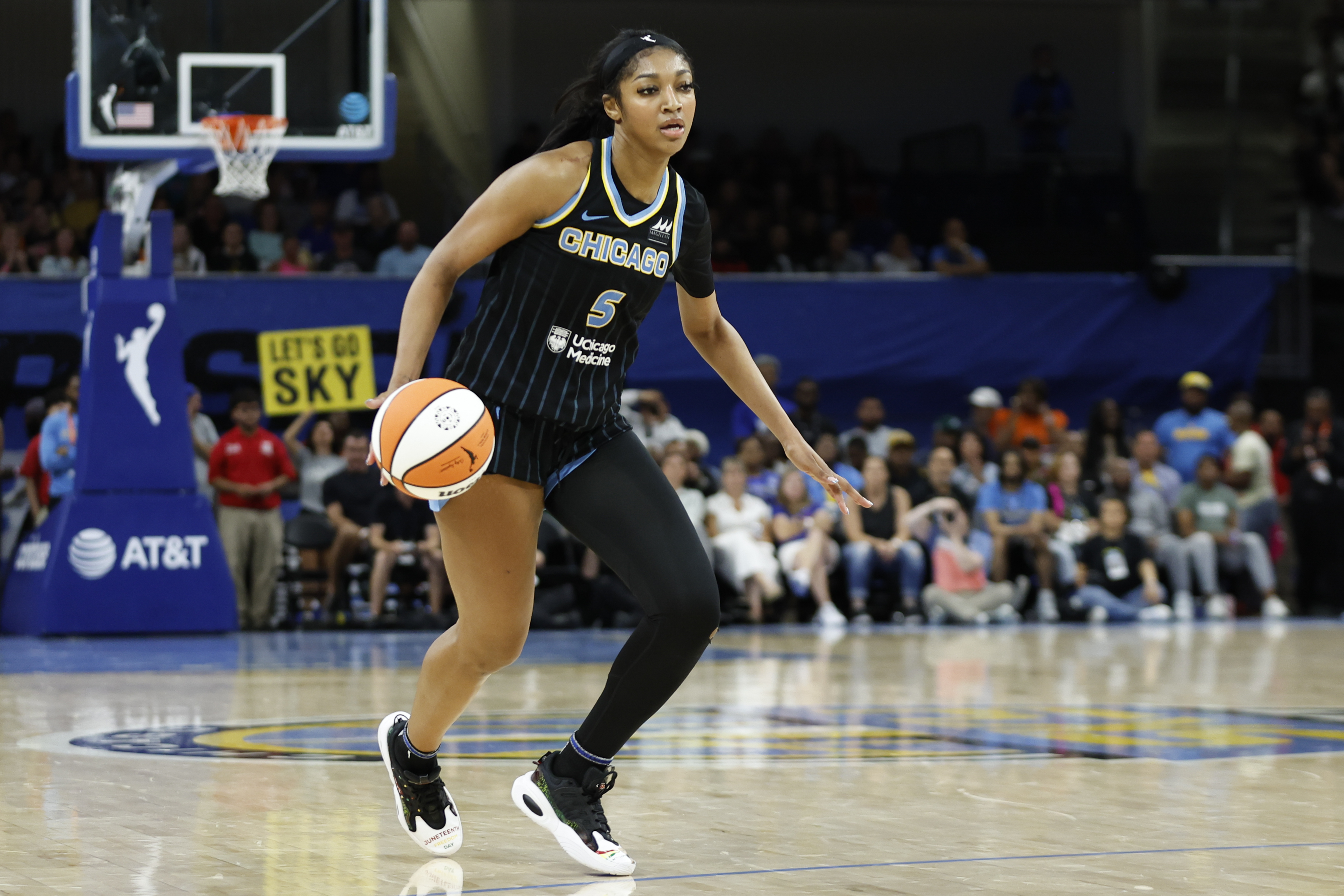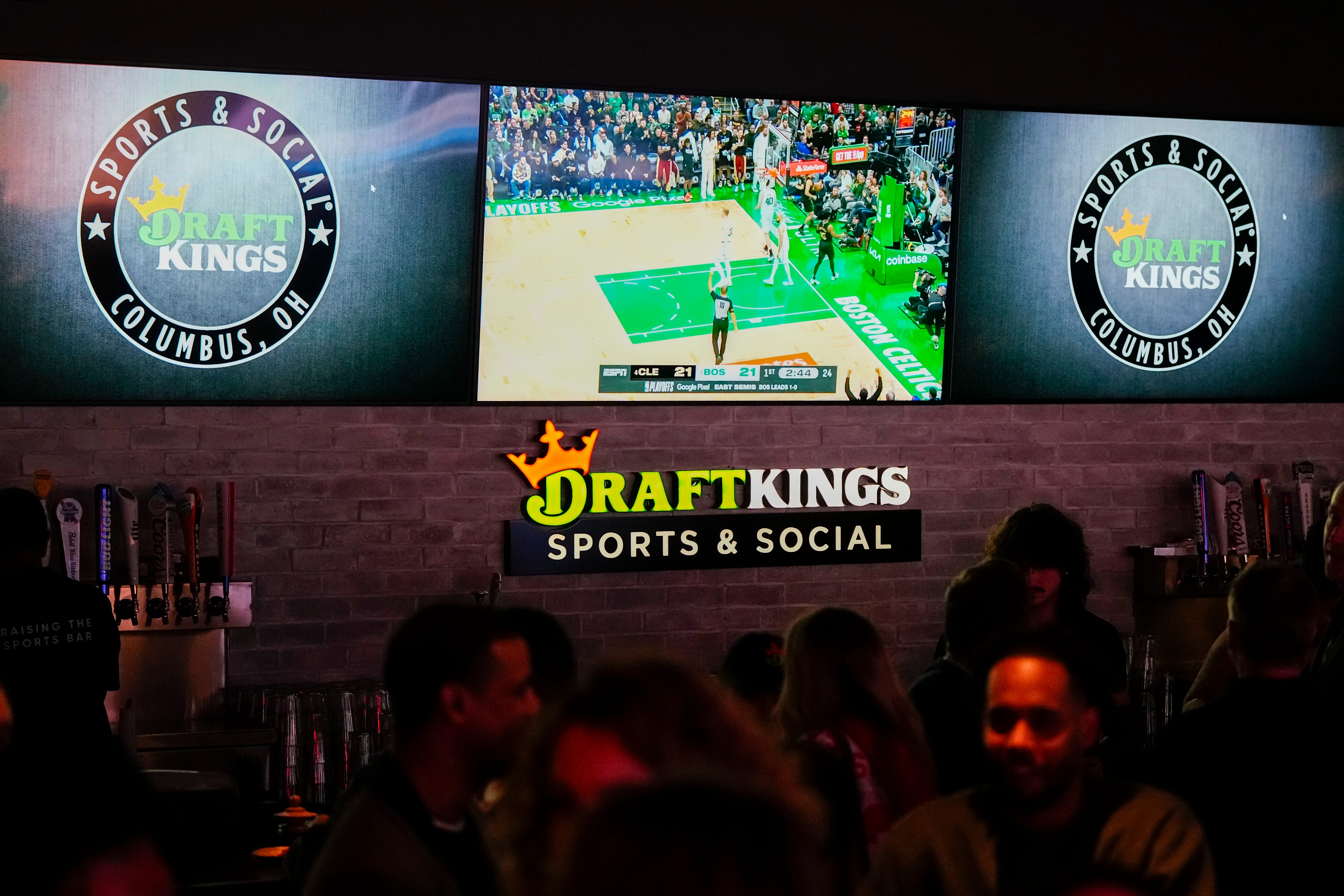NFL Creates New Gambling Policy for Players

The legalization and integration of legal sports betting in the American market has resulted in a surge, prompting professional leagues to establish and enforce policies regarding their players’ participation in legal sports wagering.
The NFL, which has faced criticism in the past for its unclear stance on gambling policies, recently made updates to its rules regarding players placing bets in one of the 35 legal sports betting jurisdictions across the country.
Rep. Dina Titus commended the NFL and its Players Association for their recent efforts towards transparency in sports betting. She emphasized the importance of clear, consistent penalties to ensure fairness for fans placing bets on games. Earlier this year, Titus had criticized the NFL for lacking clarity in their policies, noting that players were unsure of what behavior was allowed under league rules.
I am pleased that the NFL has established a clear distinction between actions that jeopardize the integrity of the game and legal betting on other sports. Punishments for match-fixing and gambling on one’s own league should be more severe than betting on other sports. It is important for every sports league to prioritize safeguarding the quality of the competition. Leagues should regularly assess their policies in collaboration with players to guarantee that rules are clear and up-to-date.
Current and former players have been known to bet on games at top sportsbooks, and this trend is expected to continue. Instances have been reported where players have placed bets on NFL games, and some have faced consequences for wagering on non-NFL games while at NFL facilities.
The goal of the new rules
The necessity of establishing clear rules regarding players’ involvement in sports betting became evident in the NFL. Following the Supreme Court’s 2018 decision to lift the league’s prohibition on sports betting, a few players were reprimanded for engaging in such activities and were subsequently suspended.
The evolving sports betting scene in America and a perceived overly strict NFL policy required a revamp to better serve players, coaches, and all stakeholders in the sport.
However, as NFL Commissioner Roger Goodell emphasized before Sunday Night Football, “If you are involved in the NFL and engage in betting on it, you definitely have a problem.”
Representative Titus emphasized the importance of maintaining the integrity of the game, while also considering the needs of potential bettors within the NFL community during discussions about rules clarification.
In a joint statement, the NFL and NFL Players Association reaffirmed their dedication to upholding the integrity of the game. They stated that the NFL regularly reviews its gambling policy in collaboration with the NFLPA and clubs to ensure it remains effective in protecting this commitment.
The new rules
The details of the new rules were quickly released.
Some of the key moments in the NFL draft are:
- Betting on the NFL will be an indefinite suspension, minimum of one year. That rises to a minimum of two years if the player bet on his own team.
- Attempted or actual game fixing will be a lifetime ban.
- Giving out inside information is a one-year ban.
- Third party or proxy betting, a one-year ban.
- Betting on non-NFL games while working or in the workplace will result in a two-game suspension for the first offense, a six-game suspension for the second offense, and a one-year suspension for a third offense.
NFL employees who wager on sports through top sports betting apps will face harsher penalties, potentially including a lifetime ban. Conversely, individuals who have placed bets on non-NFL sports in the past or may do so in the future will see reduced penalties.
What it all means
NFL players, coaches, and other team members now have clear guidelines on what is prohibited in terms of legal sports betting. The ambiguity has been eliminated, leading to a more consistent and equitable policy for those within the organization who choose to engage in sports betting.
Essentially, there have been changes to the penalties for sports betting, with some being eased and others being strengthened.
Penalties for first-time offenders who bet on non-NFL contests using betting sites within team facilities have been reduced from an automatic six-game suspension to two games. Repeat offenders will still face a six-game suspension.
Under the new rules draft, betting on your own team will result in a two-year suspension, compared to the previous one-year suspension. If an offender bets on an NFL game that does not involve their team, they will face a one-year suspension.
Under the new rules, any player found intentionally throwing a game will be subject to an automatic lifetime ban from the NFL.
Titans offensive tackle Nick Petit-Frere and Lions wide receiver Jameson Williams, who were suspended for six games for betting on non-NFL games at their team facilities, will be reinstated under the new rules. They have each served four games of their suspension, but the new rules now only require a two-game suspension for their actions.







